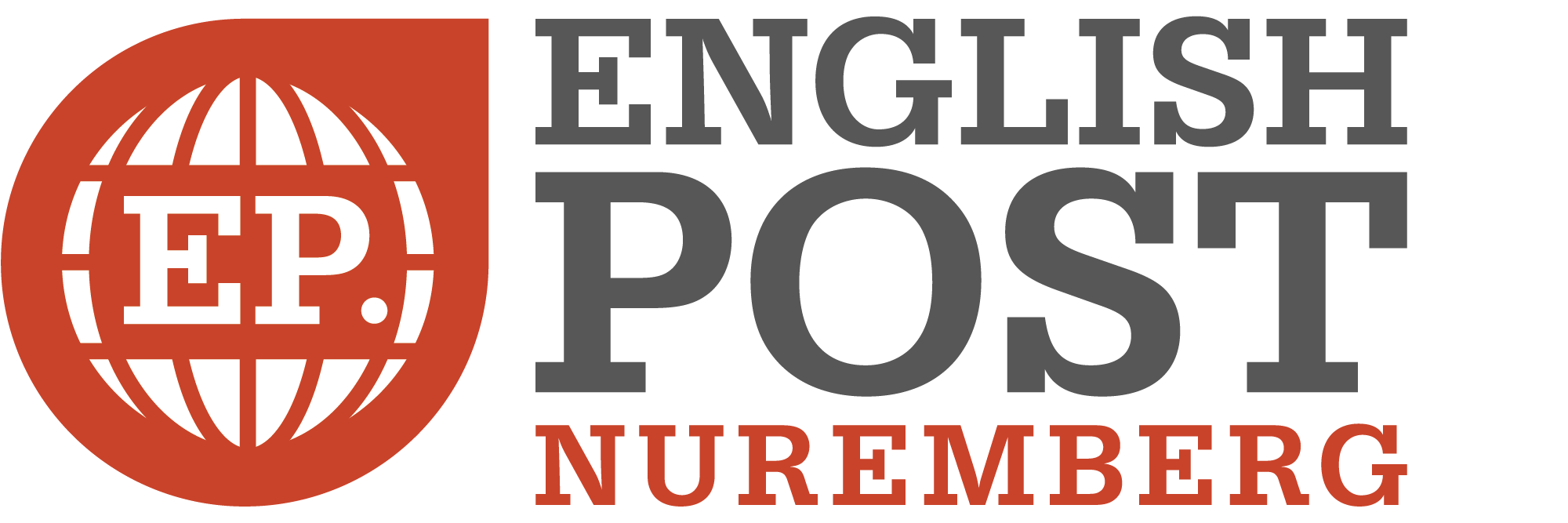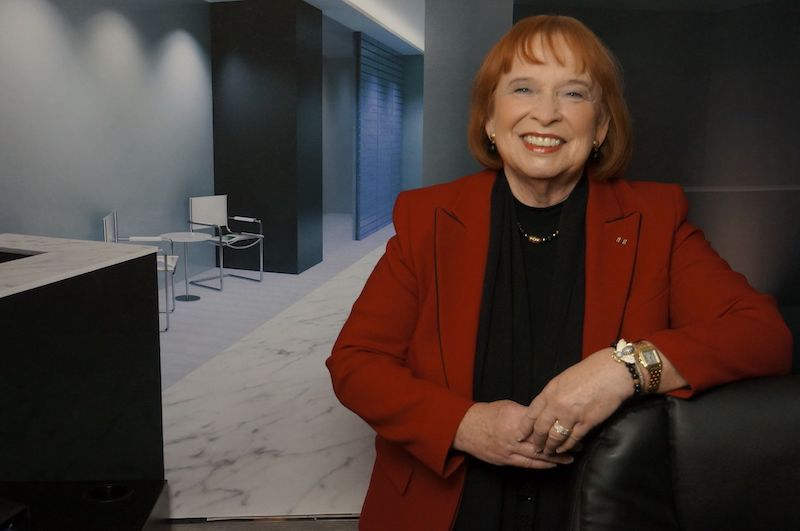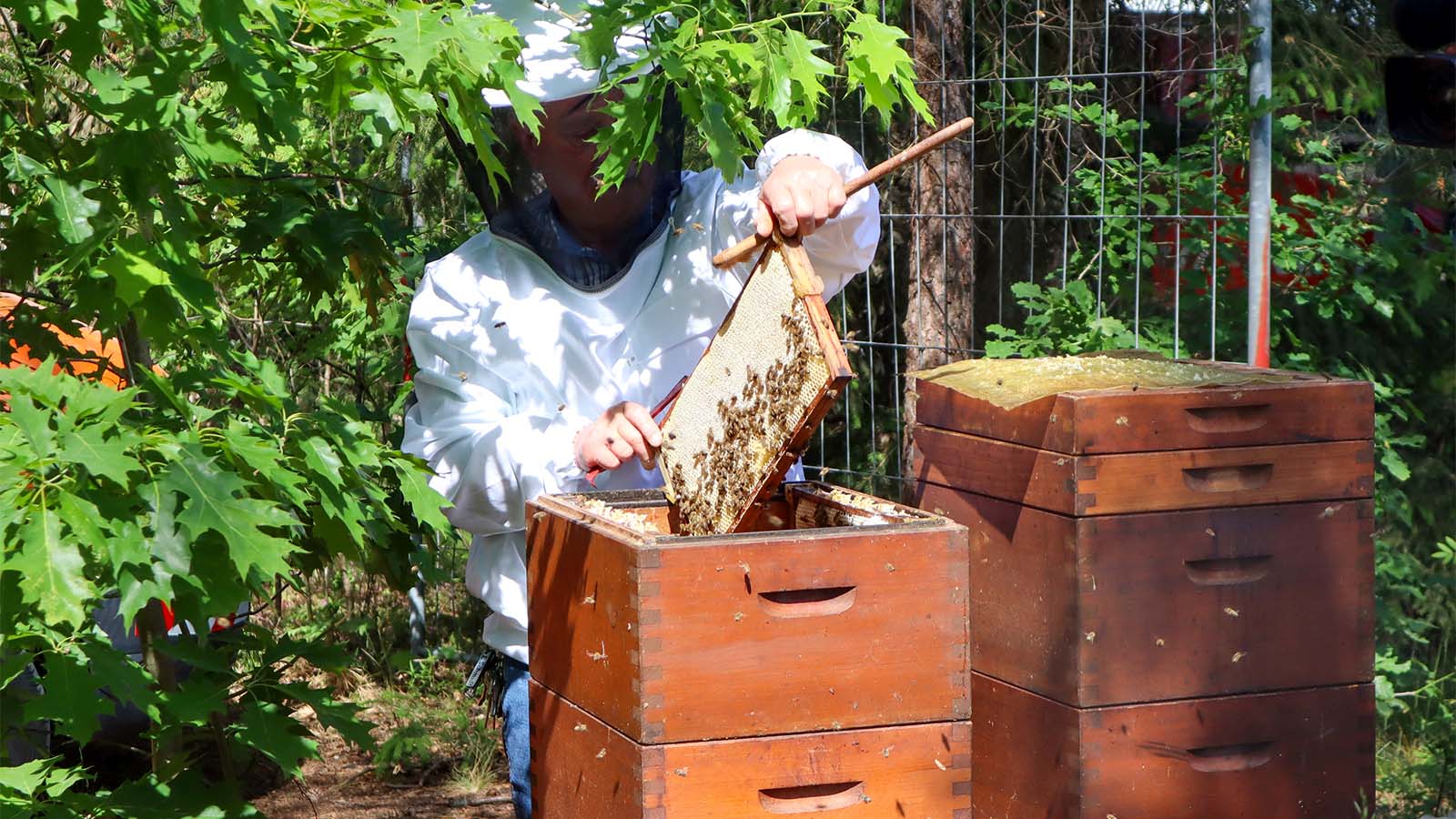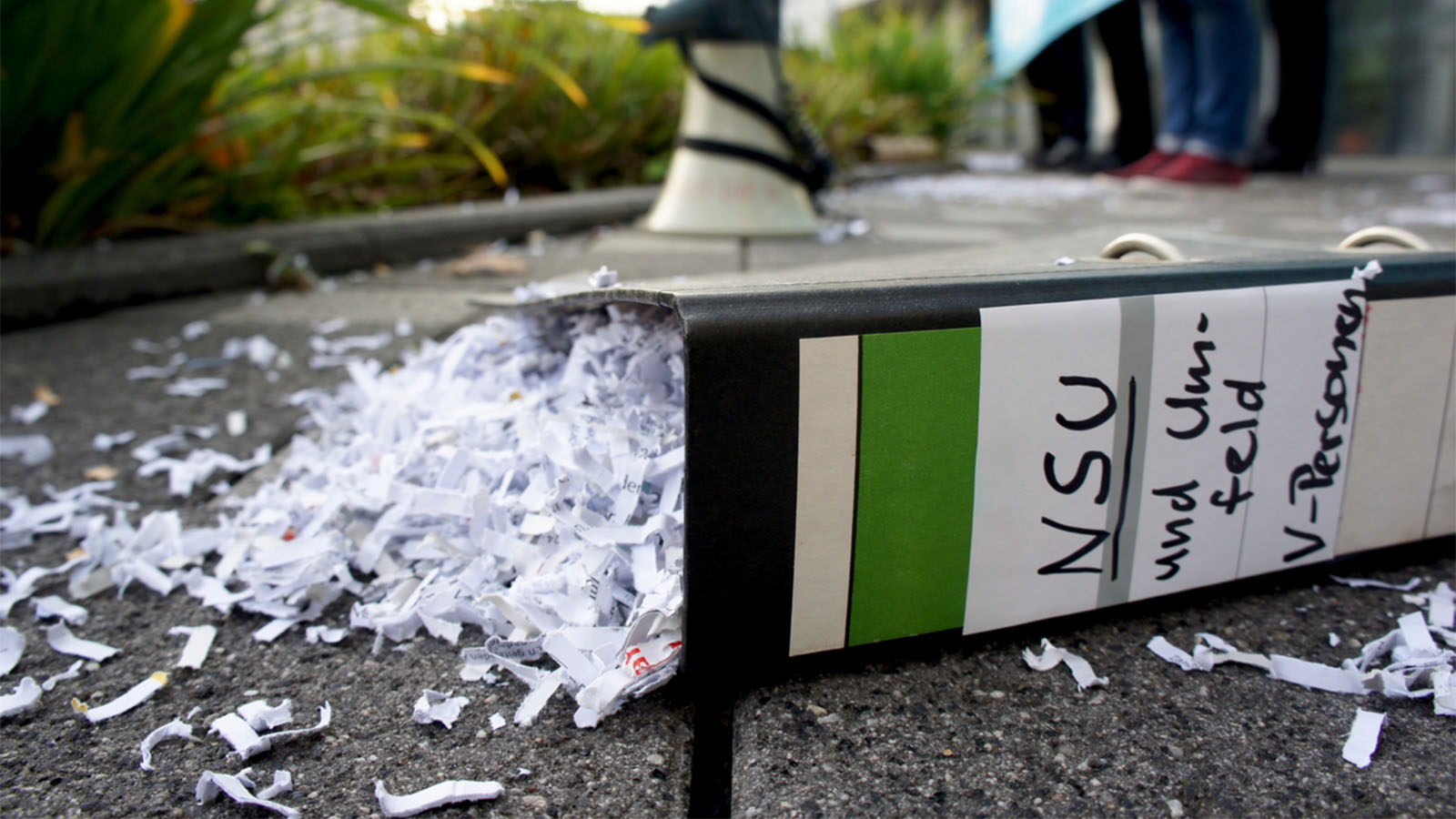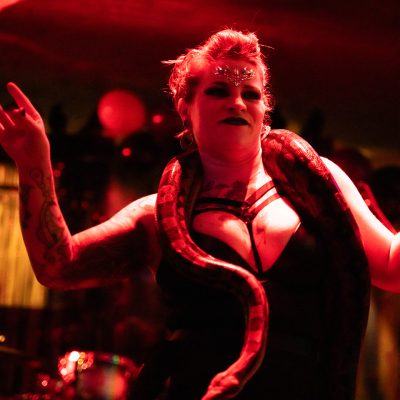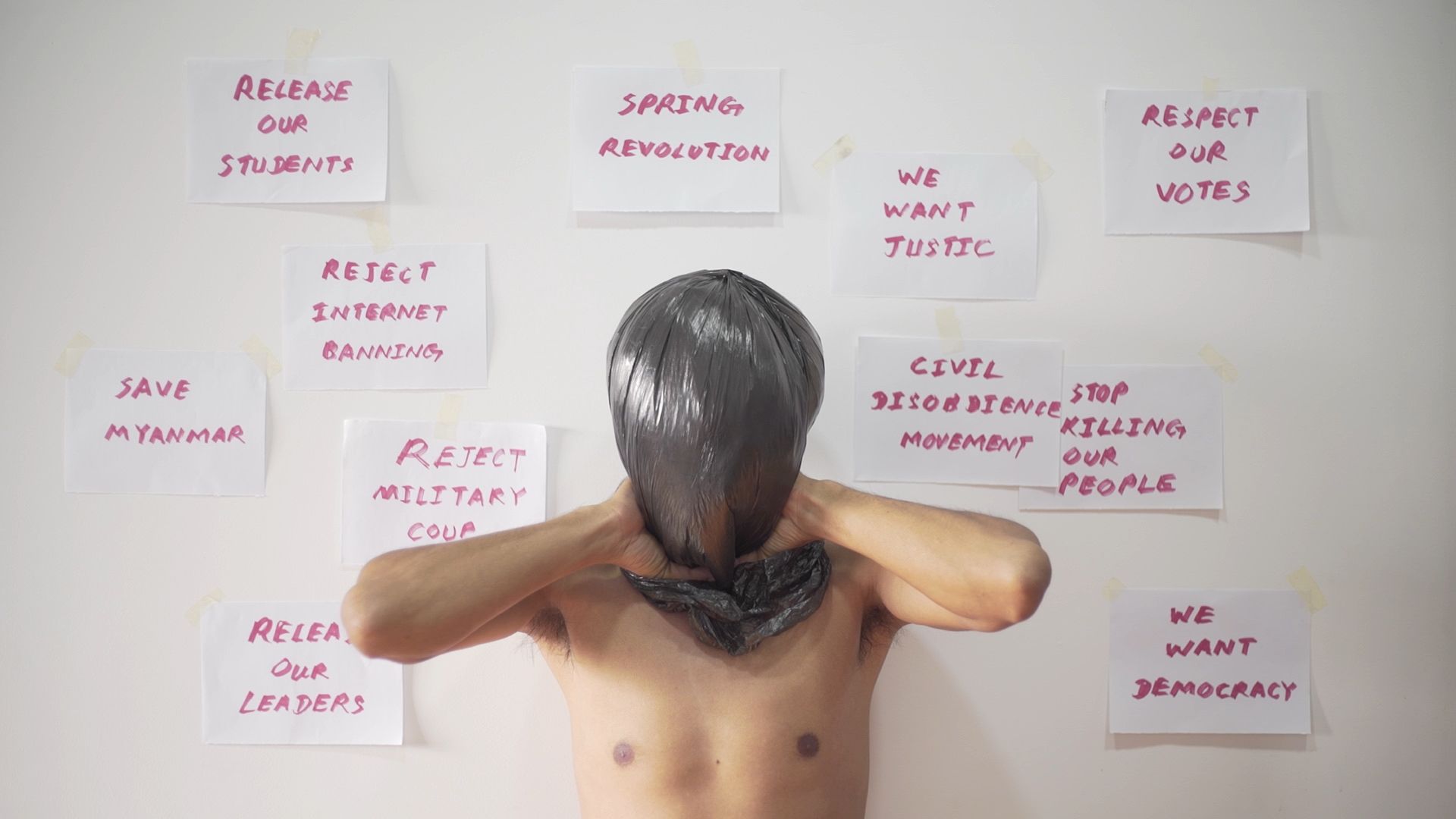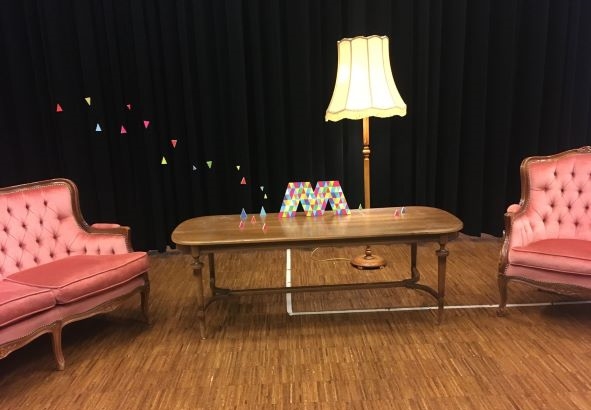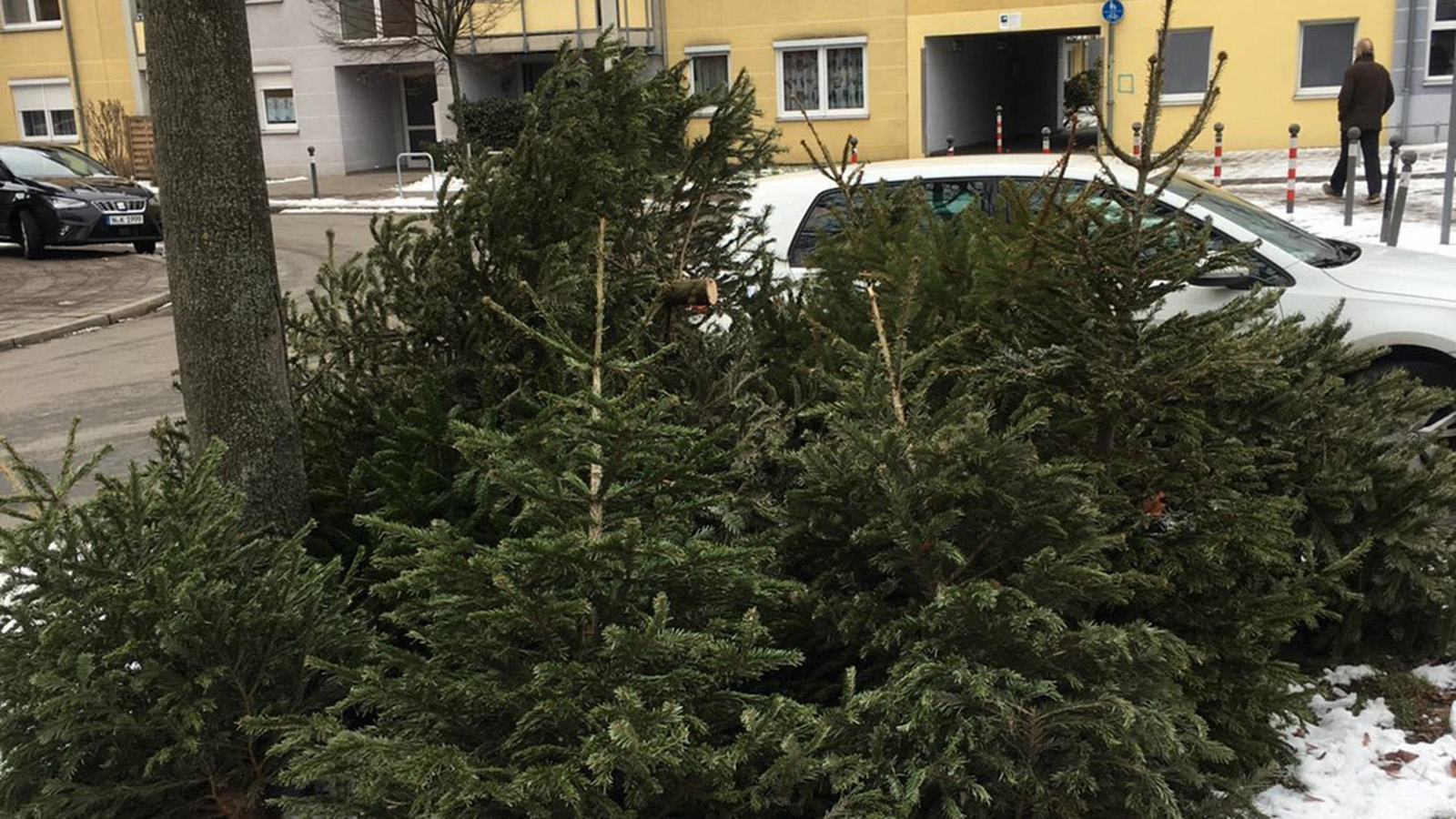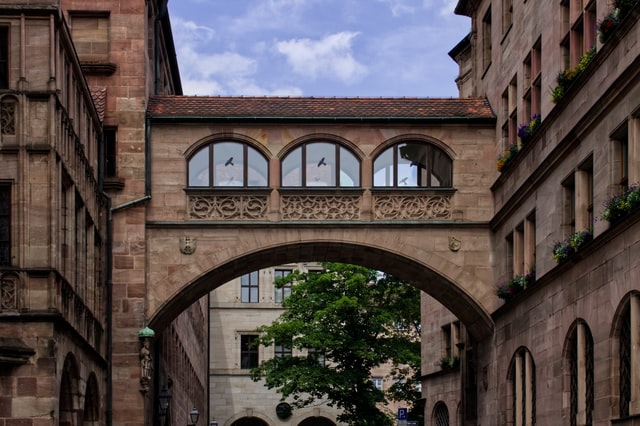On May 16th, during a closed ceremony, several citizens of Nuremberg won the City of Nuremberg’s Citizens Medal, the second-highest award of the year. On 16th July 2022, the Medals will be awarded in a special session of the Council of Elders. After suggestions by the Lord Mayor and parliamentary groups, the citizens awarded were: Ingrid Hofmann-Heinrich, Leibl Rosenberg, Hubert Rottner Defet, and Horst Schmidbauer.
Since 1960, citizens who have contributed special services to the city of Nuremberg have been honoured with the Citizen’s Medal. To date, 219 people have been awarded such medals.
Who won the award? What did they do to win?
Ingrid Hofmann-Heinrich, a successful entrepreneur, opened several branches of an employment office for temporary work.
Leibl Rosenberg, a historian, publicist, and devotee of the Jewish faith. He has been working tirelessly for around 25 years to catalogue, track down, and return items stolen by Nazis to their rightful owners or descendants. This work is of enormous importance to him and the people to whom he can return objects, writings, and memories.
Hubert Rottner Defet, an advocate for the environment and sustainable living has laboured for his entire life to create green spaces and educate people about the environment. He leads workshops, has a children’s cooking show, and sells fresh produce at markets throughout Nuremberg.
Horst Schmidbauer, a politician whose principal focus has been to help people affected by the AIDS epidemic and to help create a world where people with disabilities have more independence. He has transformed the institution “Lebenshilfe,” taking it from a small group of people to a social service provider three times its original size. His goal is to create a world where spaces are accessible to everyone regardless of their physical mobility.
Each of these awardees has an incredible story and inspiring motivation. Read their stories for more information on each person, as published by Stadt Nuremberg and translated below.
Ingrid Hofmann-Heinrich
Ingrid Hofmann-Heinrich has been a force for the economic development of the metropolitan region for more than 30 years. She is a successful entrepreneur and, even in difficult economic times, she was able to expand her company and strengthen the market in our region. She has always put her employees first and her sustainable and forward-thinking along with her constant strive for further development have made her company what it is today. Personal leasing IK Hofmann GmbH is now one of the five largest personnel service providers in Germany.
Ingrid Hofmann-Heinrich was born on 21st March, 1954 in Hilpoltstein, Upper Franconia. She completed her training as a wholesale and foreign trade clerk at Florimex, a flower import company, in Nuremberg. She stayed with that company and continued her education there in order to one day become a personnel clerk and business correspondent for English speakers. Her dream was to one day own her own orchid plantation in South Africa, unfortunately not coming to fruition due to the political situation in South Africa at the time. She decided to change course and, with her experience as a human resources clerk and her belief that people are as wonderful as orchids, she set out to revolutionize the world of work.
She worked as the head of the department at Adia Interim, as a branch manager of IPS Interim Personal Service, and as manager and co-partner of GFP. She learned at an early age how difficult it can be for women in the working world, which made her commitment to having a family and working all the more important to her.
In 1985, Ingrid Hoffman- Heinrich founded Personal Leasing IK Hofmann GmbH in Nuremberg. As a “pioneer of temporary work,” she steadily expanded her company. Two years after it was founded, she was able to expand to three more branches in Bavaria and even more followed soon after in Germany and in Austria, Italy, Slovakia, the Czech Republic, Switzerland, and the USA. It is now one of the largest personnel service providers in Germany.
With her success in opening her company, her numerous volunteer work, and her employee satisfaction of working with her company, she has been awarded the Citizen’s Award for the City of Nuremberg.
Leibl Rosenberg
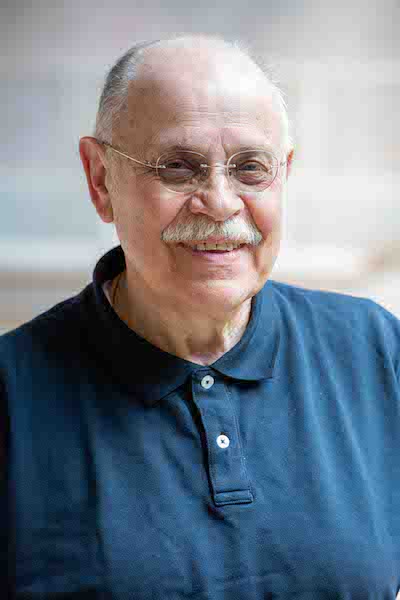
Leibl Rosenberg has been researching Nazi-looted property and the fates of expelled and murdered Nuremberg Jews for a quarter of a century. He supports the city with great commitment in the restitution of Judaica to its rightful owners or their descendants and is just as passionate about mutual understanding between Jewish and non-Jewish residents of this city.
Leibl Rosenberg was born on 27th January 1948 in Lagerlechfeld near Augsburg. He grew up as a child of Polish Jews and Holocaust survivors in a camp for so-called “displaced persons” in Föhrenwald near Wolfratshausen.
Rosenberg studied Jewish studies, Bible studies, linguistics, German studies and American studies at the Hebrew University of Jerusalem and the Ludwig Maximilian University of Munich. He has lived and worked in Nuremberg since 1990. He is a journalist, publicist and practitioner of Judaism.
Since 1997, Leibl Rosenberg has worked as a Nazi loot researcher on the “Collection of the Jewish Community” at the Nuremberg City Library. After the end of the war, Allied forces found an archive of stolen literature and anti-Semitic writings by “enthusiastic comrades-in-arms” in the undamaged editorial offices of the anti-Semitic inflammatory newspaper “Der Stürmer.” The members of the US Army also secured extensive Judaica holdings in the private library of Julius Streicher, the editor of “Stürmer.” The anti-Semitic weekly and its publisher collected writings and publications with the intention to smear religious rites and Jewish life, each stolen from the synagogues and homes of Jews who had fled and were deported.
After the war, a number of the salvaged bundles were left to Jewish communities or sent to the central Jewish “Offenbach Archival Depot.” Around 9,000 copies of the “Stürmer Library,” then named after where they were found, remained in Nuremberg and were handed over to the Nuremberg City Library in the summer of 1945 after consultation with the re-established Israelite religious community in Nuremberg. For many decades, the books of the “IKG Collection” remained in the inventory of the city library. Arno Hamburger, deceased honorary citizen of the city of Nuremberg and then chairman of the Jewish community in Nuremberg (IKGN), initiated the processing of the collection and campaigned for Leibl Rosenberg to be commissioned with this task.
“It is our duty to preserve memories”: In this spirit, Leibl Rosenberg has devoted himself with great dedication and passion to the task of returning the books to their rightful owners for 25 years. As a connoisseur of Jewish history and culture, as a linguist and publicist, he meticulously combs through the holdings to find clues to the people who lost their property and much more during the Nazi regime’s reign of terror. The fates of his Jewish fellow citizens are also incredibly emotionally taxing for him. Nevertheless, he continues to work to establish restitution.
The “City Library archaeologist” Rosenberg found notes and documents in the books in around 3,700 cases and was able to assign objects from the collection to around 2,200 people or institutions. When books that belonged to those who were murdered or deceased are successfully returned, there are often emotional scenes with the families that also affect him deeply.
On the occasion of Nuremberg’s 950th birthday in 2000, Leibl Rosenberg organized the exhibition “Traces and Fragments. Jewish books, Jewish destinies in Nuremberg” which created the portrait photos of their owners and gave the victims a face.
Leibl Rosenberg is an inspiring storyteller. Like no other, he can give interested parties and the bereaved an insight into the history of the documents, the work that followed the search for the owners, and the joys and sorrows of successful returns. The city of Nuremberg, together with the IKGN, continues to represent the declared will to return the looted property. Without the tireless commitment of Leibl Rosenberg, this would only be a wish. Leibl Rosenberg symbolically embodies what is important to us Nurembergers 77 years after the end of the war and the tyranny; to ensure that justice is given to the victims even after all this time.
In 1999 Leibl Rosenberg co-founded the Forum for Jewish History and Culture in Nuremberg with great commitment. As a long-standing chairman, he created a platform for encounters and information for all people in Nuremberg during his protectorship, regardless of their religious affiliation.
In addition, it is Leibl Rosenberg’s great merit that he campaigns for the rapprochement of Jewish and non-Jewish people in our city and to stand up for it. It is thanks to his contribution that the cooperation between the IKGN and the Evangelical Lutheran parish in the discovery of the “Gutlin” gravestone in the Sebalder rectory can be described as an act of reconciliation.
In this way, Leibl Rosenberg rendered outstanding services to Nuremberg and the people who live here in a variety of outstanding ways. In recognition of this, the city of Nuremberg awards him the Citizens’ Medal.
Hubert Rottner Defet
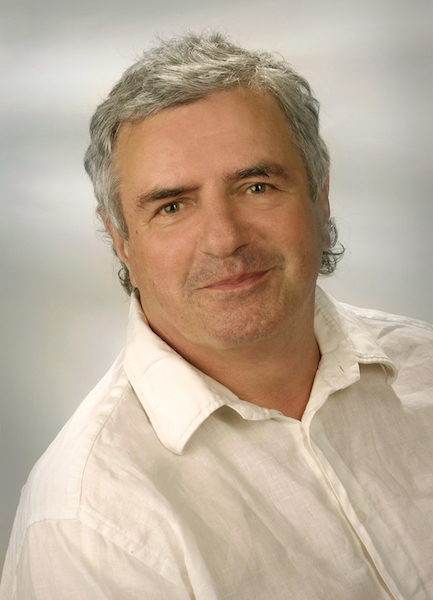
Hubert Rottner Defet has been active as an environmentalist for many decades and has been an ecology trade fair organizer from the very beginning. He is not only closely associated with “BioFach”, the world’s leading trade fair for organic food, but also with many small, regional trade fairs that he regularly organizes. He passes on his extensive knowledge at many public events and is tirelessly committed to organic food and the greening of Nuremberg.
Born on 30th May 1951 in Nuremberg as the oldest of five children, Hubert Rottner Defet grew up in Großreuth near Nuremberg. The foundation for his closeness to nature was already laid in his parents’ house. In addition to farming, his parents ran a village and tourist farm, where regional and seasonal products and game from their own hunt were on the menu. The 70-year-old supported his parents as a child and learned a lot about the animal and plant world.
With the political spirit of optimism at the end of the 1960s, the trained cameraman and carpenter also began his political commitment, in connection with which he founded several apprentice newspapers, among other things. Today he describes this formative time as a further building block for his social and environmental interests.
In 1976, Rottner Defet bought the Nagelhof near Spalt in order to set up a self-sufficient living community with vegetable growing and goat farming. While he remained curious and open to new things and the legendary Nagelhof festivals made a name for themselves, political issues remained his motivation. He was wholeheartedly against nuclear power and environmental destruction, protested against the WAA Wackersdorf and supported numerous campaigns by various environmental organizations.
His goal was not just to protest against abuses, but to set a good example himself: He was the first in the district to have a photovoltaic system on the roof of the house and a water cistern in the garden. Since then he has remained true to his motto “Live Environmental Protection.” In 1986, together with his partner Hagen Sunder, he organized the first environmental trade fair “Ökomenta” in Roth.
As an initiator, he also established the “Ökologa” and “BioFach” in Nuremberg, which originated in Ludwigshafen. Today, “BioFach” is the largest international meeting place for the industry and has not only had a lasting impact on Nuremberg’s trade fair landscape. In addition, the small regional markets are still close to his heart. For more than 20 years he has been organizing the “Green Lust” and the “FrühlingsLust” on the Wolfgangshof near Anwanden. Hubert Rottner Defet, a campaigner for environmental protection to be cheerful and enjoyable, encourages people to consume with all their senses. With his cooking shows, the large children’s program, his unbridled curiosity and his interest in passing on his extensive knowledge, he has been inspiring a steadily growing following for years. As an author, he is also committed to Nuremberg as a city of pleasure.
Hubert Rottner Defet is an active advocate year-round for organic food, environmental protection and agriculture. For example, an event for schoolchildren on the subject of organic food crafts is planned for 19th July 2022, where young people in their final classes can gain insights into exciting careers in the organic sector. In addition, together with the Künstlerhaus, he organizes the lecture series “How green is Nuremberg?” In addition, an Info-Blitz-Dating evening for the Franconian eco-scene is planned, as well as organic round tables, weekly markets with a catering area and the “Green Lust” on 17th and 18th September.
Hubert Rottner Defet receives great support from his wife Maria Nutz in everything he does. His daughters Katharina and Joana Winter have also been successfully committed to sustainability for years. Together they run the summer kiosk in Rosenaupark, a market for sustainable products and ideas, and the winter kiosk, where buyers can buy sustainable gifts. Unsurprisingly, Hubert Rottner Defet finds relaxation among the vegetables and herbs in his own garden, which end up in the cooking pot of the enthusiastic hobby cook, to the great delight of family and friends.
Hubert Rottner Defet is a native of Nuremberg and a dedicated visionary. With his life’s work, he not only draws attention to the careful use of our resources but also specifically shows the way to get there. In addition, he is still enthusiastic about the city society and the question “How do we want to live in Nuremberg?” For this reason, he actively advocated greening the southern part of the city when applying for the Capital of Culture.
The city of Nuremberg awards Hubert Rottner Defet the Citizen’s Medal as a deserving and committed citizen of Nuremberg, thus honoring his life’s work.
Horst Schmidbauer
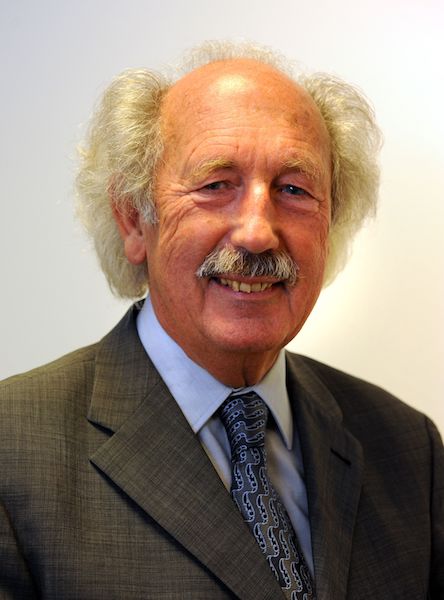
Horst Schmidbauer, former city councillor, former member of the Bundestag and until 2021 chairman of the Nürnberger Lebenshilfe, has been committed to solidarity in the city of Nuremberg and beyond in an outstanding and exemplary manner for decades.
Horst Schmidbauer was born on 3rd March 1940 in Nuremberg. After attending elementary and commercial school, he completed an apprenticeship as an industrial clerk. After finishing community service with the Arbeiterwohlfahrt (AWO), he worked in the petroleum industry, where he was sales manager from 1977. From 1972 to 1990 he was a member of the Nuremberg City Council for the SPD. In addition to focusing on housing and urban development, he was primarily active there as a health policy spokesman. In 1979 he became deputy and from 1985 to 1997 he was the sub-district chairman of the Nuremberg Social Democrats. From 1990, Horst Schmidbauer was an SPD member of the German Bundestag for 15 years, where he gained a nationwide reputation as a recognized expert on social policy in the Committee for Health and Social Security.
From 2001 to 2021, Horst Schmidbauer worked as honorary chairman of the board of the Lebenshilfe Nürnberg eV. He is still involved in the “Foundation for Humanitarian Aid for People HIV-Infected by Blood Products.” He is also a member of Pro Familia, the social association VdK, AIDS-Hilfe, the federal hospice working group, the Arbeiter-Samariter Bund (ASB) and Arbeiterwohlfahrt (AWO).
During his time as honorary chairman of the board, the Nürnberger Lebenshilfe eV was expanded into a large social service provider. Here, and in many other areas of activity, Horst Schmidbauer has worked passionately for the goal of equal participation for people with disabilities. In doing so, he has made a special contribution to active inclusion, the rights and concerns of people with disabilities and thus to social cohesion.
In 2001, Schmidbauer was elected chairman of the board of directors of Lebenshilfe Nürnberg eV—he held this position until 2021. Despite the current size of the Lebenshilfe, it was always important to him as a parents’ association to always be close to the people themselves, to the families. He invested an enormous amount of time, energy and passion to consistently advance the goal of lived inclusion. In his approach to work, the focus was always on people, whether in the bodies of the Lebenshilfe or in their facilities. One of his favorite quotes from the founder of Lebenshilfe, Tom Mutters, served as a principle: “Success is when we no longer need special facilities.”
Horst Schmidbauer campaigned intensively for individualization in both central areas of life, living and working. Starting with large residential facilities, he developed a new concept towards small shared flats in which people with and without disabilities live next door to each other. Thanks to his commitment, more than 150 people with disabilities now live in Nuremberg in their own apartment and are cared for there by outpatient services, such as the assistance and nursing service founded by Schmidbauer’s initiative in 2017.
Horst Schmidbauer also campaigned for clear inclusion in the labor market. With the founding of the two inclusion companies “Catering Tolerance” and “Pegnitz Building Cleaning” in 2006 and “Gastronomy and Tolerance” in 2019, he worked persistently to ensure that people with and without disabilities work side by side and that no parallel living environment arises. This was also reflected in the conversion of the “WerkStadt” of Lebenshilfe Nuremberg from a pure service provider for industry to own products and cooperation with small, young start-ups that share the values of Lebenshilfe. Schmidbauer always had the long-term vision that “in the end there will no longer be a need for a workshop because our people will work on the general labor market”.
Another successful project was the conversion of the Jakob Muth School into a “school for everyone.” In the so-called IKON classes, pupils with and without disabilities learn together in a special needs school – a unique flagship project that has been in existence for 20 years Schmidbauers at the head of the Lebenshilfe could be realized.
In order to be able to change social reality, solidarity and a good position in public are required—Horst Schmidbauer brought both with him. It is also thanks to his personal commitment that during his tenure, Lebenshilfe Nürnberg was expanded from a parents’ association with 600 employees to a social service provider with over 1,600 employees who support over 2,500 people with disabilities in 30 facilities and services.
It has always been important to him that the facilities and services cover the spectrum of services—from young parents who have given birth to a child with disabilities, to terminal care in old age.
When the Blood Aids scandal was clarified between 1990 and 1994, Horst Schmidbauer, as the initiator and chairman of the relevant investigative committee, was able to help bring about compensation for the victims. He is still committed to the associated victim support on the Board of Trustees of the Foundation for Humanitarian Aid for people infected with HIV through blood products. In addition, he is still committed to the humane care of the dying, also within the framework of the hospice movement in Germany.
Horst Schmidbauer has made a special contribution to Nuremberg’s urban community with his decades of commitment to inclusion and participation. Horst Schmidbauer is a role model for society through his commitment, his extensive voluntary commitment and his solidarity. The city of Nuremberg, therefore, honors him with the Citizen’s Medal.
Subscribe to our newsletter!
